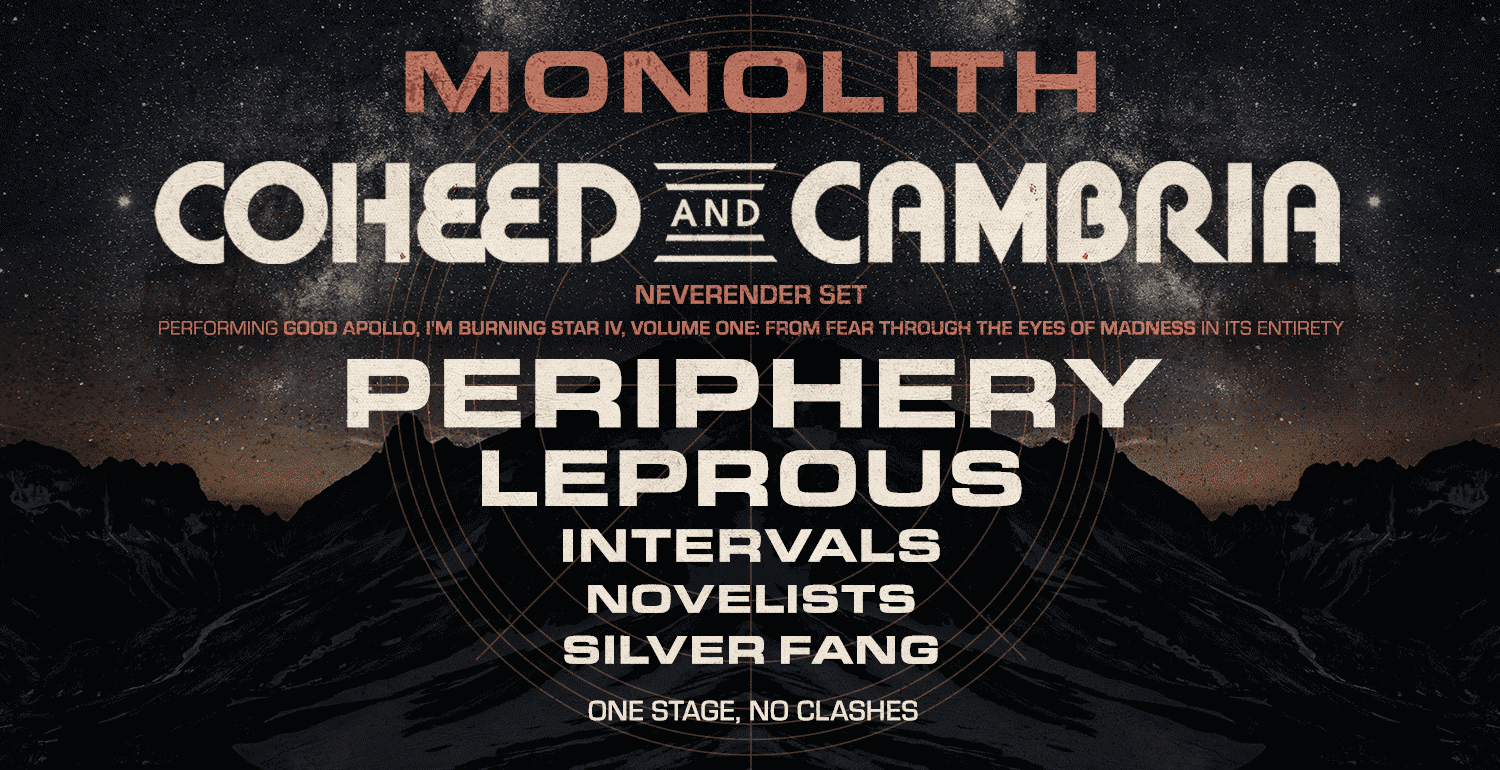In 1982, Sony and Phillips joined forces and revolutionised the way we listened to music. The compact disc was born and audio would forever change.
Over the years, albums that were only ever intended for vinyl were then released into the new format to stay afloat with the times.
With all this technology at hand and society now expecting progression, the next logical step was to go back to master recordings and remaster them to suit the growing demand for clearer sounding recordings.
But what did this really achieve? Have we all been tricked into believing remastering is better quality? Purists will tell you yes.
Just because an album has been remastered doesn’t necessarily mean it has a better sound. It all depends on whether the master recording was used, what type of equalisation was put in place but more importantly what state was the original master in to begin with?
The biggest flaw of a remastered audio recording is what is known as the “loudness war”. A major process of remastering is noise reduction and compression. This compression allows the reduction of the loudest and softest parts of the recording. The intent has its heart in the right place. It’s designed to “clean” up the overall original pressing, but this doesn’t necessarily mean this process is executed effectively. Many critics will claim that the clarity and dynamic range is diminished at the expense of turning up the volume of the recording when it is remixed. The reproduced audio has been manipulated to fit original material into a narrower recorded dynamic. A similar process is used in television advertising, hence why the audio of an ad is significantly louder than the program you are viewing. Audio experts argue that the industry has turned dynamic range compression into a competition.
Not all bands have taken the road that Led Zeppelin took in the early 90’s when they had complete control over the handling of the remastering of their box set. Guitarist Jimmy Page vigilantly supervised the mastering process from the original master tapes.
The most scandalous event of the modern era was the uproar Metallica caused with their 2008 release Death Magnetic. The loudness for loudness approach in mastering the audio caused many to hear distortion throughout. Fans cried out for the album to be remastered in reverse and be restored to the version that was available as a download for the game Guitar Hero III. The band themselves, couldn’t see what the big deal was.
Perfectionist Axl Rose must’ve been taking notes. The Guns ‘n’ Roses vocalist was presented with three versions of Chinese Democracy and to the relief of fans, the least compressed master was the one that made it to the stores. Swedish rockers, The Hellacopters went as far as putting notes about compression on the inner sleeve of the cd version of their debut album and will release extra tracks deliberately on vinyl releases that don’t appear on the cd formats as a stance to get fans to stop paying for inferior quality.
With record labels now churning out remastered releases every other month, fans are turning back the clock in droves. Trawl through online auction site eBay, and a number of original pressings are on offer, some commanding significant sums in bidding wars. Will it stop the process? Will more audio engineers take a stand in favour of less compression? Probably not. It’s a big revenue earner for labels and since when have they ever cared what the buying public thought?
Handy link where you can compare dynamic ranges of albums.













